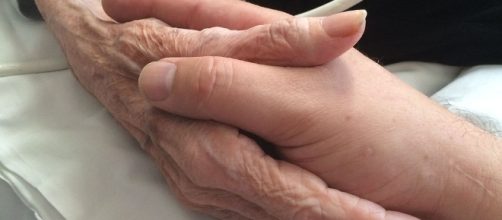A new report states that about 26 million people across the globe die every year due to a massive gap in Pain Relief. Opioid painkillers are found in abundance in the US, but they are rare and sometimes unavailable in poor countries. In some places, children with cancer, who are suffering from intense pain, can’t get pain relief because of the crisis. The report will be published in The Lancet on Friday.
Palliative care in poor countries must improve
According to ABC News, the challenge is to improve palliative care in poor and low-income countries.
Experts should avoid mistakes that America made, which led to an addiction crisis. Off-patent morphine may be used to make the situation in poor countries somewhat better. In fact, they are critical to tackling a health emergency.
Drug companies are of course not in favor of these off-patent drugs, and they always try to promote the more powerful and pricier opioids in rich nations. University of Miami professor Felicia Knaul has described the report as giving voice to the suffering that people in poor countries are subject to. The report is also like a roadmap to governments.
First global estimate of the need for palliative care
The report further states that less than four percent of the total morphine, or other such opioids distributed worldwide, reach low or middle-income countries.
The researchers have finally come up with the first global estimate of the need for palliative care.
The experts are trying to address serious health-related suffering through this report. These issues include trauma, HIV, and cancer, to name a few. Out of the 26 million people who die without proper relief measures, a whopping 2.5 million are children.
Approximately 35.5 million suffer from serious pain and suffering, arising from the dreaded health conditions already mentioned. This section of the population does not die from the diseases - they just keep suffering.
Researchers studied America’s opioid crisis
Most of this population lives in low or middle-income countries.
The report also found out that the poorest countries had access to morphine, capable of meeting less than two percent of its palliative care needs. The percentage stood at four percent for India, 16 percent for China, and 36 percent for Mexico.
The experts involved with the study took lessons from America’s opioid crisis. They also took lessons from Western Europe, where stringent opioid monitoring and universal health coverage for chronic pain for non-opioid treatments, have avoided similar abuse. University of Miami, Harvard University, and grants from Pfizer, American Cancer Society, and U.S. National Cancer Institute, contributed to the $1.5 million study.


